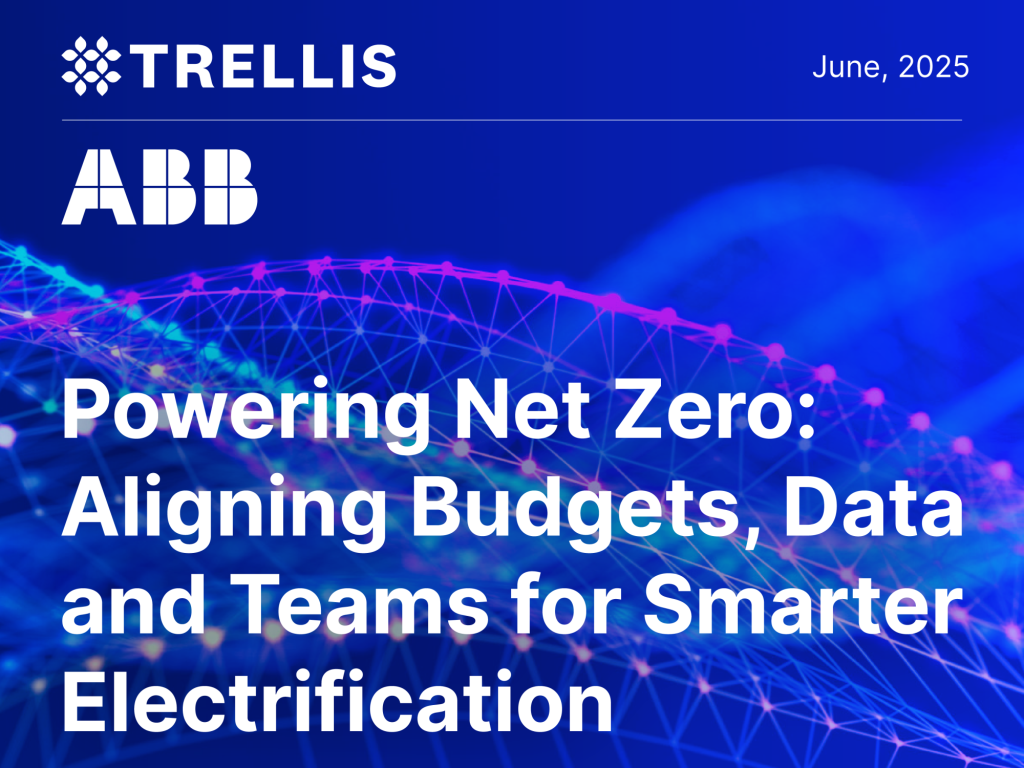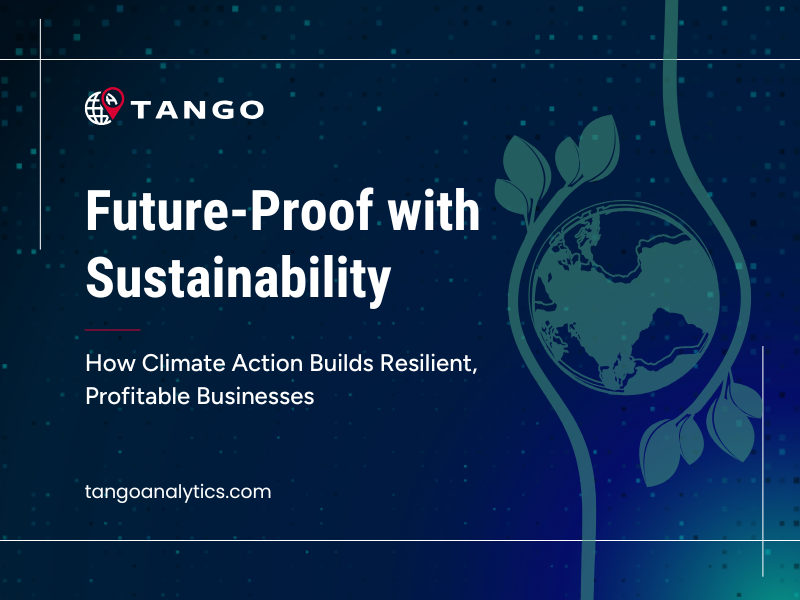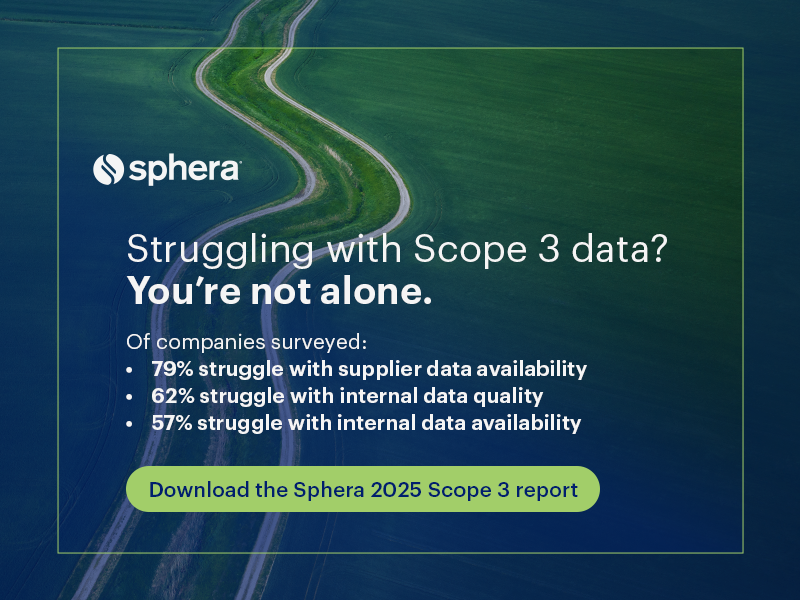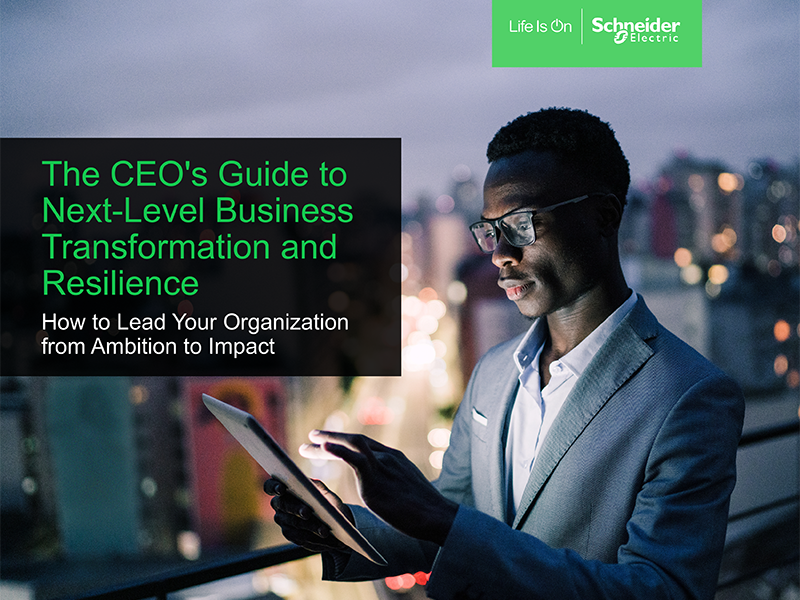Citigroup Purchasing Green Power in Competitive Markets
Citigroup is the world’s largest financial services company with more than 300,000 employees in over 14,000 facilities, which total approximately 90 million-square feet. Citigroup’s real estate portfolio represents an enormous opportunity for the company to take proactive steps to reduce the impact on the environment. In January 2006, Citigroup announced the goal of reducing its global greenhouse gas (GHG) emissions by the year 2011. The company has, therefore, been expanding its purchases of green energy, as part of this initiative, particularly in the United States, where recent market restructuring has led to new opportunities.
Green Power Experience in Competitive Markets
Over the past 10 years, the restructuring of U.S. electricity markets has led to wholesale and retail competition. As a result, Citigroup now purchases electric power from a single source supplier in several states that have deregulated their electrical energy markets.
In deregulated markets, buyers are able to purchase power from the incumbent utility or participate in city and state-sponsored programs that allows consumers to choose their power provider. As an example, in New York City, Citigroup participated in programs that achieved significant savings.
Incentives included as much as $0.0015 per kWh discount off of the utility rate and a significant sales tax reduction. Experience was gained in making the transition from a regulated to deregulated environment. In this process Citigroup learned that what appeared to be an opportunity for savings could quickly turn into an expense risk when incorrect assumptions are made against the backdrop of a highly volatile market.
In the early stages of its market participation, Citigroup secured power through a competitive bidding process. Numerous, complex rate alternatives were provided by competing suppliers and the required response time was extremely short. Strategic planning for energy purchases was determined to be extremely difficult in this environment.
Citigroup decided to change the process and partner with an Energy Service Company (ESCO) that would act as a broker and provide competitively priced, fixed rate, hedged alternatives as well as current market intelligence. This process change enabled Citigroup’s internal staff to improve the alignment of energy usage characteristics of the portfolio with the opportunities available in the energy market. Variables such as current and forward pricing, fixed price options, quantities and market timing were factored into decisions that resulted in better price risk management.
With a clearer understanding of markets and creation of a strategic framework, Citigroup was then able to focus on the composition of the energy purchased. The ESCO was asked to provide green power pricing options. Citigroup









